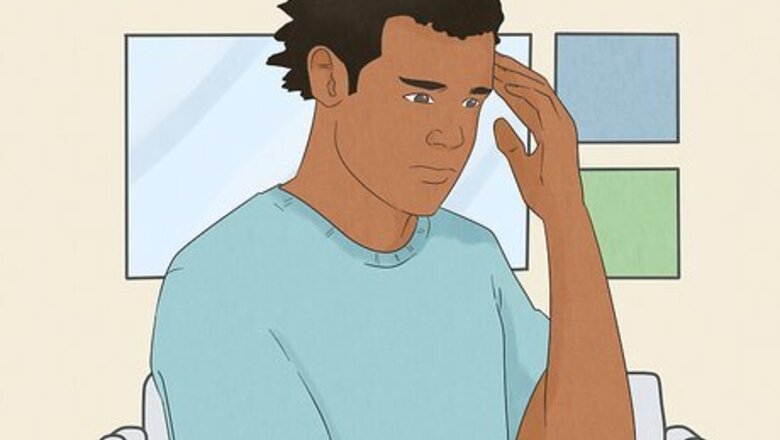
views
Considering Your Options
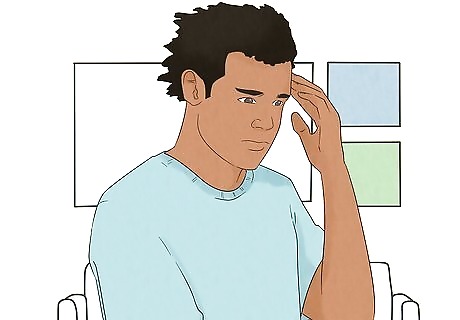
Think it through carefully before you decide to confront your friend. They may be upset or going through a hard time and might be needing you more than ever. Give yourself the time and space to calm down and clear your head, too. Breathing exercises and calming music can be a big help.

Consider your own actions around your best friend. See if you have given her/him any reason to put you down. You might be unconsciously doing the same. Equally, recognize when you're in an unequal relationship, where your best friend is calling all of the shots and not leaving you with many choices.
Standing up to Them

Talk to your friend. Take them to a quiet place on your own so that you can speak clearly without interruption. Tell your friend that you're very concerned about things as they currently stand. Confronting your best friend may be easiest to do on text or any other messaging software. Sometimes personal confrontation is awkward and difficult. Make sure that person is alone, not surrounded by people. The best time for this is early evening, because they will be wide awake but there is less of a chance that they are with someone. It can help to plan out what you want to say ahead of time. Don't write out an entire script—just outline a few key things that you want to say.
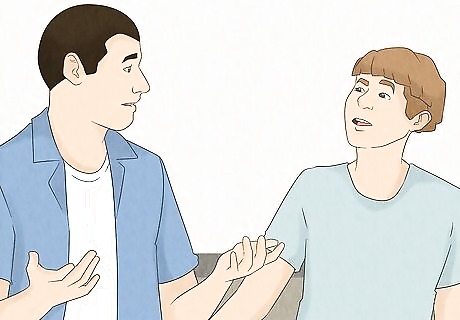
Stand up to your best friend. This may seem mean, but this method has a very strong effect. List all of the major problems that you have had with them. Do not call them names, or be rude; rather, just say what is bothering you. Do not be afraid to hold back. Tell them how much what she has been doing or saying to you has offended and hurt you. Be aware that they may not know that what they are saying is hurting you, and also that you could be oversensitive. If so, you need to explain that to your friend.

When they reply, they will either be aggressive with you or peaceful. In any case, listen to what they have to say—you don't necessarily have to agree with it or give your approval! If they respond aggressively, and say that they didn't do anything or blame you for something, then be factual in return, without being upset or mean. List examples of times they have been particularly bad, and ask them for times you have been mean. You never know, you could be just as bad as they are! If they are peaceful, and apologize or say that nothing is wrong, carefully look over what they say. If they apologize, maybe they realized what they did was wrong and want to change. As tempting as it is to keep fighting, it is very important that you accept the apology. If the problems continue, next time do not be as forgiving. If they say nothing is wrong, calmly state what you are having trouble with, and see what they say. Whatever you do, give your friend the space to be surprised (even if you know how they're going to react). Don't just assume that they're going to react a certain way.
Moving Forward
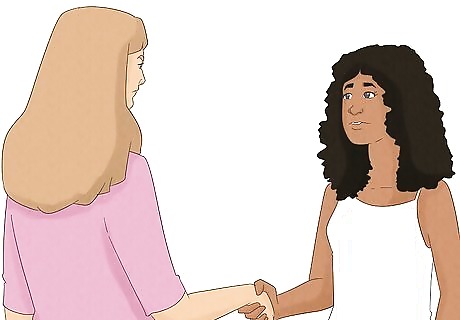
Decide what is the best way to end the fight or disagreement. Either apologize to them as they apologize to you, or say that you are still angry at them and end the conversation. Sometimes time will mend the fight. Other times you won't be friends anymore. You never know, maybe ending the friendship is for the best. As long as both of you have separate friends to hang out with instead, the loss won't be overwhelming. Just remember during this step, they are your best friend, and is what they did really worth ending your friendship?

Try to forgive your best friend. Only leave your best friend as a last resort if the problem can't be solved. Remember that this is the one person in the world you will tell everything to and she will tell you everything. This is bound to bring up some friction as they may be worried that you will spread their secrets. Remind yourself that the two of you are best friends and of all the times this person forgave you and all the times they helped you.
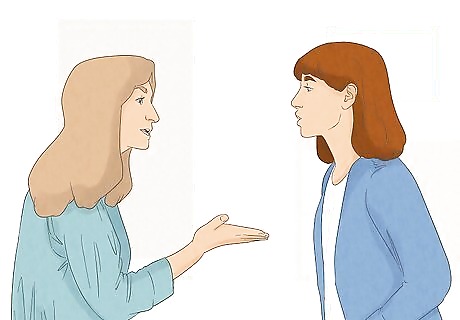
If she/he doesn't listen to you, get your other friends to either talk to her/him about it, or hang about with them instead of your best friend until she/he gets the message.

If all else fails, you can either try to sort it out until they agree to stop or walk away. Think very carefully about this, as you might not be able to go back. It will hurt, but it might hurt more in the long term.




















Comments
0 comment